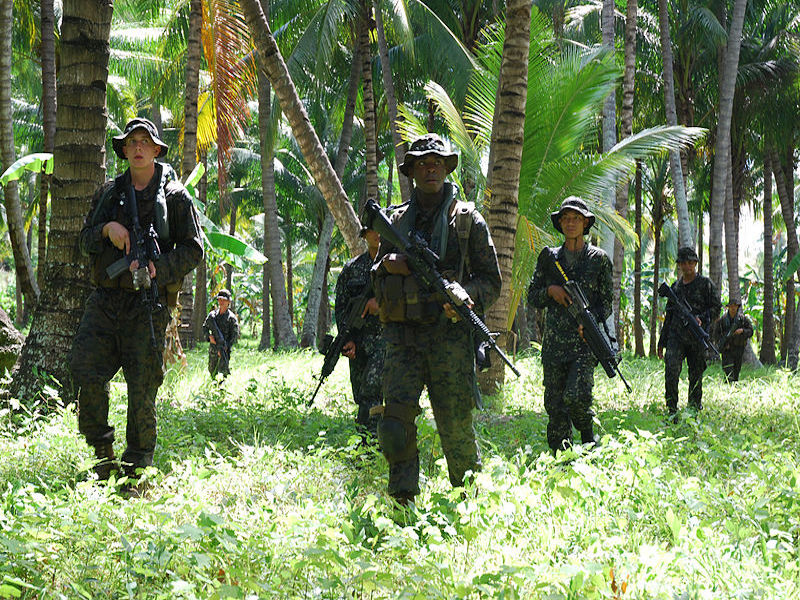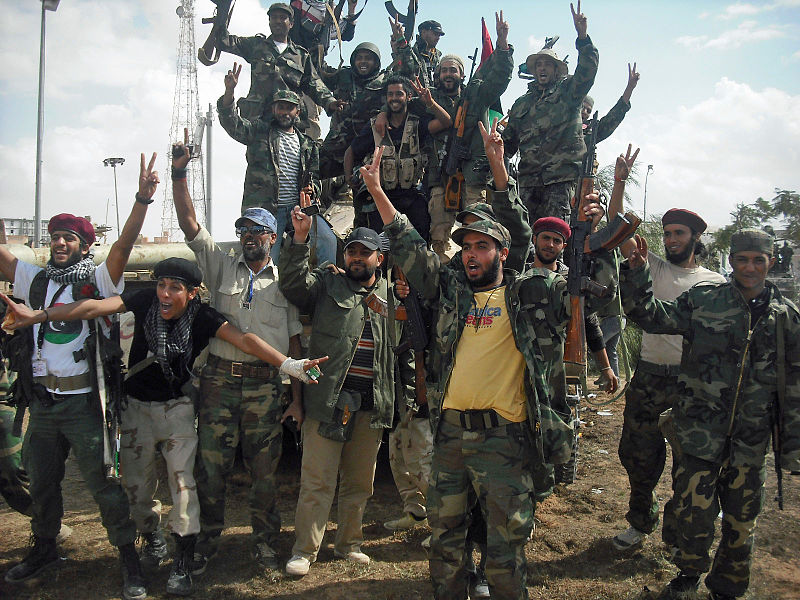Nearly 3 months of peace talks between Israel and Palestine have gone by. On 23 October 2013, US Secretary of State John Kerry stated that the peace process has intensified over the past 13 negotiation sessions. The following article addresses the success of the most recent peace processes and takes Canada’s policy towards the on-going situation into consideration.
Brief History
During the 19th century there was a massive presence of European colonial powers in the Middle East Region. During the early decades of the 20th century, following the destruction of the Ottoman Empire and the beginning of WW1, the Ottoman Empire was divided between French and British mandates. Israel was to be governed by an international administration, and Palestine was under the British mandate. In 1917, the Balfour Declaration was signed and Britain helped Lord Rothschild and the Zionist movement found the Jewish State of Israel. Prior to Israel’s being established, many of the inhabitants in the area were Palestinians and they were dispersed throughout the state. Some stayed in Israel, but the majority moved to neighboring Middle Eastern countries, including Egypt, Jordan, and Lebanon.
Historians argue that the influence of the Zionist movement and the British mandate over Palestine threatened Palestinian consciousness. However, Palestinians did attempt to erect a Palestinian state in the mid-20th century, and its first political party was called the Movement of Arab Nationalism (MAN). The founders and members of MAN were Palestinian Arabs, and they sought to incorporate Palestine into a pan-Arabic alliance with other countries in the Middle East.
During the 1960s, MAN was challenged by a new group called Fatah, established by Yasser Arafat and university students from Cairo. Fatah, currently the largest member of the Palestinian Liberation Organization (PLO), opted for militant resistance to Israeli occupation. During the 1980s, a new revolutionary movement known as Hamas came into power. Although it believed that violent struggle was the only way to achieve Palestinian nationalism, the group was not secular and Islam was at the center of its ideology. Scholars who study the Israeli-Palestinian conflict believe that these groups have failed due to their focus on violence as a solution to the conflict.
The Question of the Peace Process
To date, none of the numerous peace initiatives introduced by foreign countries to end the Palestinian-Israeli conflict have succeeded. Skeptics argue that current peace talks are merely an effort to get on the good side of the American administration and improve international support. Reasonably, one might ask “if peace negotiations have failed in the past, why will the current process succeed?” Is it possible to have a non-violent resolution when political parties on both sides have resorted to violence?
[captionpix align=”left” theme=”elegant” width=”300″ imgsrc=”http://natoassociation.ca/wp-content/uploads/2013/10/kerry-Tzipi-Livni-Saeb-Er-008.jpg” captiontext=””]
2013 Canadian Policy
Under the Conservative government, Canada has been on excellent terms with Israel in the past few years. Following a diminished relationship with Palestine, Prime Minister Stephen Harper’s government has amended this relationship and both Palestinian and Canadian governments have been working together to offer humanitarian support to Palestinian citizens. The most recent Canadian policy is Canada’s Development Program in the West Bank and Gaza. The program focuses on building infrastructure and economic growth. Three areas the policy focuses on are: reforming the justice sector, reforming the private sector, and humanitarian assistance. Recently, Canada’s foreign minister, John Baird, announced that Canada will be creating jobs in Palestine to support economic development.
Resolution
Rather than intervening in the formal peace process or trying to change either state’s ideology, Canadian efforts focus on economic growth and legal development. With Canadian support, Palestine can make great strides in amending its current economic condition. Through economic growth and prosperity for its citizenry, Palestinian national consciousness will be able to achieve a form of independence. Most importantly, it can help improve the lives of its citizens. If the current peace talks do not pull through, this does not mean that Israelis and Palestinians must resort to violent aggression towards each other. The two countries can minimize hostilities towards one another, and improve the material conditions of the lives of Palestinians, which can help quell dissent and conflict.




